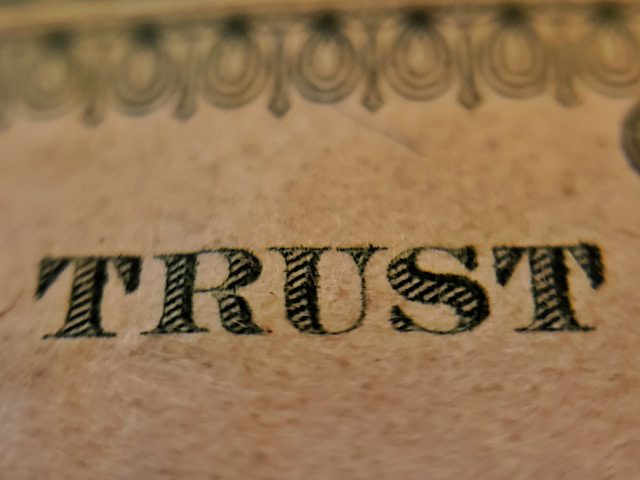Trust is the bedrock of any relationship, be it personal or professional. The invisible thread binds people together, allowing them to deal with the complexities of life with confidence and security. Just like a trust fall exercise, where one person closes their eyes and falls backward, trusting that the other will catch them, emotional trust requires vulnerability and belief in the reliability of another.
Let’s explore the dynamics of emotional trust, its significance in relationships, and how we can use it to build deeper connections.
Understanding Emotional Trust
Emotional trust goes beyond mere reliability or predictability; it’s about having faith in someone’s intentions, motives, and integrity. It’s the assurance that even in moments of uncertainty or vulnerability, the other person will support and understand us without judgment. This level of trust isn’t built overnight; it evolves gradually through shared experiences, open communication, and mutual respect.
The Significance of Emotional Trust
Emotional trust forms the essence of relationships and is more like a pattern of intimacy, empathy, and security. Without trust, relationships become fragile and prone to disintegration at the slightest strain. Whether with family, friends, or romantic partners, cultivating emotional trust lays the foundation for meaningful connections and enduring bonds. It gives you the peace of mind you deserve.
Challenges in Building Emotional Trust
Building emotional trust isn’t always smooth sailing. Past betrayals, communication barriers, and fear of vulnerability can act as roadblocks, hindering the development of trust. Moreover, societal norms and cultural conditioning may influence our willingness to trust others, leading to skepticism. Overcoming these challenges requires courage, empathy, and a willingness to confront our fears and insecurities.
Cultivating Emotional Trust
Like a delicate flower, emotional trust requires nurturing and care to flourish. It begins with self-awareness, as understanding our vulnerabilities enables us to empathize with others’ struggles. Honest and transparent communication is important, allowing both parties to express their needs, fears, and boundaries openly. Consistency in behavior and actions reinforces trust, demonstrating reliability and commitment over time.
The Ripple Effect of Emotional Trust
Emotional trust isn’t confined to individual relationships. It influences our interactions with colleagues, acquaintances, and strangers in every aspect of our lives. When we trust others, we create an environment of psychological safety where creativity thrives, conflicts are resolved amicably, and innovation flourishes. On the other hand, lacking trust leads to suspicion, distrust, and disengagement, stifling collaboration and growth.
Overcoming Obstacles and Strengthening Bonds
Getting through the concept of trust isn’t without its obstacles. Past betrayals, communication barriers, and fear of vulnerability can create hurdles to building emotional trust. However, acknowledging and addressing these challenges head-on is essential for fostering deeper connections and strengthening the bonds that hold relationships together.
Ready to start a journey of self-discovery and relational growth? James Gray Robinson is here to help you harness the transformative power of emotional trust to cultivate fulfilling connections and unlock your highest potential. Say yes to vulnerability, authenticity, and deeper connections. Trust the process, and watch as your relationships blossom into sources of joy, resilience, and meaning. Schedule a session today.

